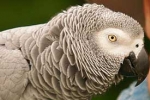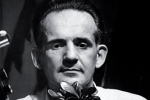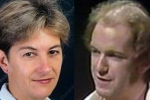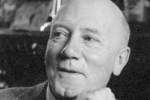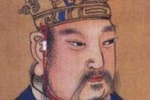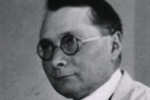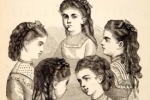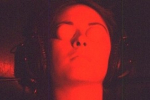Describes parapsychological research involving animals, from relatively unsophisticated testing in the 1930s to the well-designed laboratory work of today.
ESP
Overview of the history and relative contributions in the field of psi research by labs and individuals in Australia, Japan, China and India
Cleve Backster (1924–2013), a polygraph expert, carried out experiments which he claimed showed a degree of conscious awareness in plants.
A new analysis of accusations of cheating made by Susan Blackmore against Carl Sargent, a fellow psi experimenter active in the 1970s, finds breaches of protocol but no deliberate fraud.
Cambridge philosopher (1887–1971) whose interests encompassed parapsychology, and who theorized on topics such as precognition and post-mortem survival.
This article describes some recent experimental and theoretical work in China, including successful attempts to train ESP abilities in blind children. It has been contributed by Professor Yi-Fang Chang, a physicist at China’s Yunnan University.
Early telepathy experiments, originally thought to have been wholly negative, are considered by parapsychologists in part to have reached high statistical significance.
Series of successful ESP experiments with dance, drama and music students of New York’s Juilliard School, who scored at twice the rate of subjects drawn from the general population.
Successful early experiments in telepathy (1882-1888) carried out by SPR researchers with a family of five girls in the north of England, eventually discredited by admissions of cheating.
American psychologists Edward Delgado-Romero and George Howard carried out controversial ganzfeld telepathy experiments in 2005, with a view to correcting ‘flawed’ parapsychological findings.


